Sen. Lamar Alexander is leading the effort to reauthorize the federal education law this year, and Tennessee’s four regional chambers of commerce have weighed in on behalf of the business community. Alexander is the new chair of the Senate Committee on Health, Education, Labor and Pensions, which will be responsible for crafting the new legislation. In response to Alexander’s call for public input last month, the Chattanooga, Knoxville, Memphis and Nashville Area Chambers of Commerce submitted a letter sharing our perspective on accountability, flexibility of federal funds, early childhood education and teacher quality. You can read our letter here.
The federal Elementary and Secondary Education Act (ESEA) was first passed in 1965, providing federal funds to states and local school districts to support K-12 education. Over the years, ESEA has been reauthorized by Congress to include accountability requirements in exchange for these federal resources. The most recent reauthorization of ESEA in 2002, the No Child Left Behind (NCLB) Act, required 100 percent of students to reach proficiency in math and reading by 2014. Schools and school districts whose students did not make “adequate yearly progress” toward the 100 percent proficiency goal faced stiff sanctions, including the potential for state takeover.
NCLB was supposed to be reauthorized by Congress in 2007. Given that we are now beyond 2014 and schools and districts across the country have failed to ensure all of their students are proficient in math and reading, the U.S. Department of Education has been issuing waivers to states that propose alternative accountability provisions. Tennessee’s waiver requires schools and districts to make modest, annual progress in the number of students proficient in math and reading for certain grades. Schools and districts must also demonstrate they are closing the achievement gaps between student demographic groups.
While we believe that NCLB had several provisions that were unrealistic and in need of revision, it is also clear that its accountability provisions sparked much-needed change and innovation in K-12 education. We hope the current effort to rewrite the law results in legislation that continues to insist on increased student achievement for all students.




